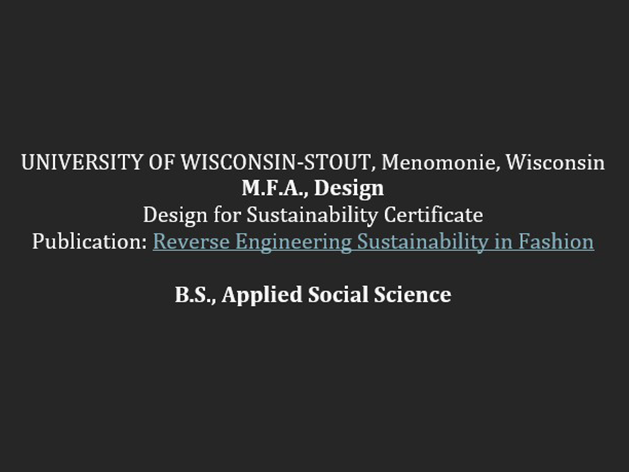My Teaching Philosophy
My teaching philosophy is rooted in the belief that students learn best when they are actively engaged, supported by structure, and empowered to explore their creative potential. I approach teaching through a combination of guided discussion, in-class demonstrations, and hands-on practice, which allows students to build skills through direct experience. My pedagogical approach emphasizes project-based learning, multidisciplinary collaboration, and student-centered, experiential exploration.
In 2022, I taught two sessions of DES 374 – 3D Modeling Organic, a course designed for junior artists in Animation/Digital Media and Game Design. My instruction centered on developing proficiency in industry-centered tools such as ZBrush, Substance Painter, and Maya, with an emphasis on mastering the high-to-low poly workflow. I structured the course to ensure students gained a comprehensive understanding of digital sculpting, 3D painting, and modeling, preparing them to transform concepts into fully realized 3D artworks.
Effective learning in my classes was driven by tailored projects and hands-on activities. Every assignment was designed to bridge theory and practice, allowing students to explore creative problem-solving within the technical constraints of the medium.
I strive to cultivate a classroom environment grounded in inclusivity, equity, and accessibility. I believe that this creates a space where students feel respected, supported, and encouraged to take creative risks. My approach to classroom management involves establishing clear goals and expectations while maintaining the flexibility necessary to support the diverse needs of each student.
I value accessibility and student-centered learning, and I work to build a classroom culture where students feel comfortable seeking guidance, collaborating, and taking intellectual risks. To embody this, I maintain an open-door policy, encourage frequent check-ins, and design assignments that allow for multiple points of entry. Because students arrive with diverse experiences in both art and technology, I deliberately build flexibility into my courses: tutorials for foundational skills, stretch challenges for advanced learners, and clear scaffolding that helps every student grow from their starting point. While teaching DES 374, I engaged with Disability Services to implement accommodations and create instruction that fosters equitable learning opportunities.
I encouraged students to take ownership of their learning through peer critique, metacognitive practices, and iterative design processes. Tools such as process journals, prototypes, revision cycles, and self-assessments help students track their growth, understand their creative decisions, and develop self-directed learning habits that extend beyond the course.
One significant challenge I encountered in DES 374 was the range of skill levels among students. Some had retained foundational Maya or Blender skills from a prerequisite course and were eager to refine their 3D artistry, while others felt intimidated by the software and unsure of their ability to improve. Through differentiated instruction, scaffolded learning activities, and continuous feedback, I helped students of all backgrounds develop the confidence and technical ability to bring their ideas to life. By the end of the semester, each student had produced fully rendered 3D work that demonstrated increased mastery and elevated their portfolios, an outcome that reflected not only skill acquisition but also personal growth.
At its core, I believe education is a pathway to content mastery, creative discovery, critical thinking, problem solving, individual fulfillment, self-directed learning, and cross-disciplinary collaboration. Experiential learning is essential to making these outcomes meaningful and lasting. I’m committed to blending technical rigor with creative exploration and supporting students through both structured instruction and individualized mentorship. I aim to help the students succeed in their courses and pursue future paths as designers, artists, and lifelong learners.
DES 374 Student Outcomes
